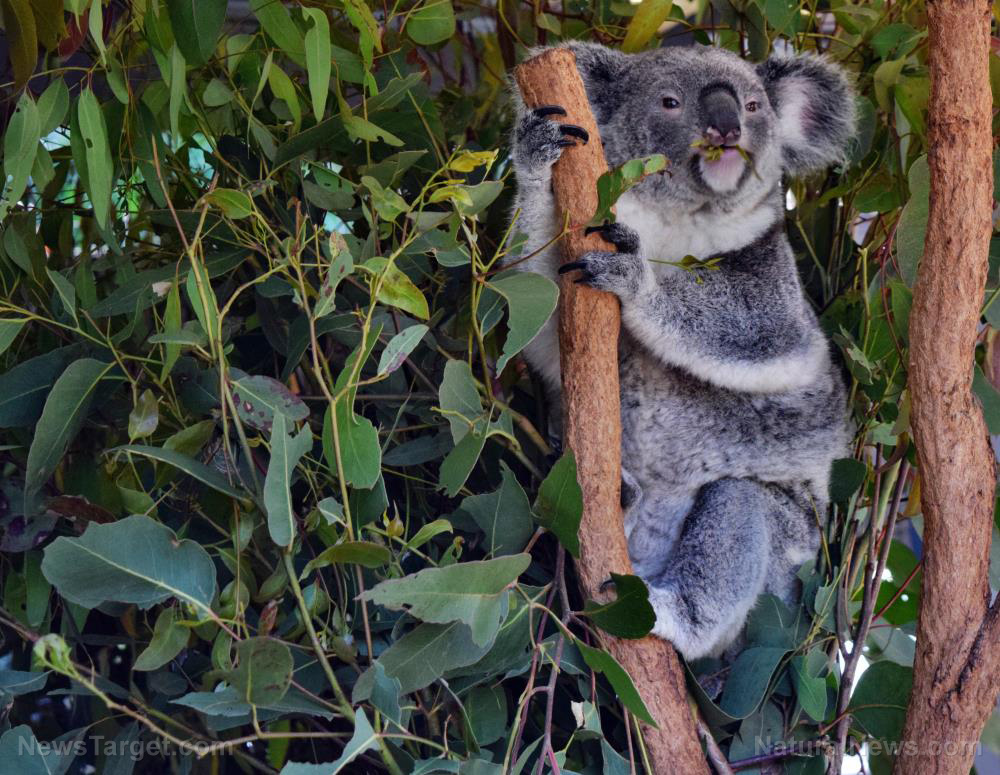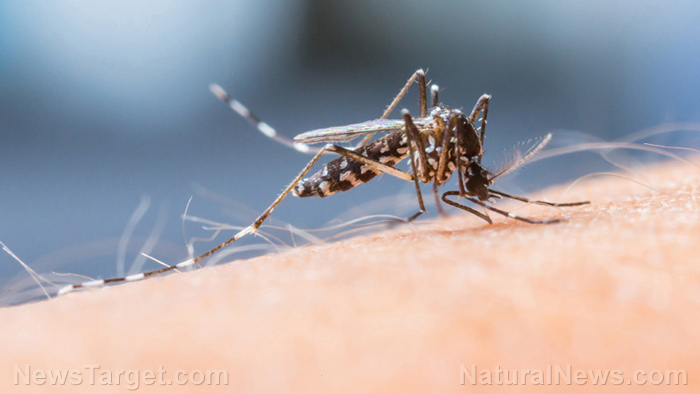
The federal agency noted that Young Living voluntarily disclosed its rosewood oil violations and has been coordinating with the authorities. Under the terms of the plea agreement, the company is to settle $500,000 in fines and $135,000 in restitution.
The essential oils firm was also sentenced to a community service payment of $125,000, which was intended for the conservation of protected species of plants used in their manufacturing processes.
In addition, the company was penalized with a term of five years’ probation with special conditions, which include:
- Audits
- Implementation of a corporate compliance plan
- Publication of statements regarding its convictions.
“The importation of illegally harvested wood and timber products harms law-abiding American companies and workers and threatens forest resources around the world. Our Division was proud to work alongside the U.S. Attorney’s Office in the District of Utah, the U.S. Department of Agriculture, the U.S. Fish and Wildlife Service, and the Department of Homeland Security to bring this case to a positive conclusion,” Acting Assistant Attorney General Jeffrey H. Wood of the Environment and Natural Resources Division said in a statement.
“While the natural resource violations by certain employees of Young Living were intentional and substantial, the company’s decision to conduct an internal investigation, voluntarily disclose the initial violations to government enforcement authorities and cooperate throughout the ensuing investigation is to be commended. This sentence reflects both the seriousness of the offenses and the acceptance of responsibility and cooperation by the company," said U.S. Attorney John W. Huber for the District of Utah
Factors that led to Young Living's guilty plea
The plea agreement disclosed that several company employees and contractors harvested, transported, and distilled rosewood in Peru between June 2010 to October 2014. The products were then imported some of the resulting oil into the United States, through Ecuador.
Neither the Company nor its suppliers, employees or agents were able to secure any valid authorization from the Peruvian government. Unauthorized harvest and transport of timber such as rosewood is prohibited under the Peruvian law. (Related: Essential oils manufacturers Young Living and doTERRA battle it out in court over alleged theft of trade secrets, phony lab tests and false advertising.)
The Peruvian government also prohibits the export of species protected under the Convention on International Trade in Endangered Species (CITES).
Further investigation revealed that the essential oils company also exported spikenard oil that was harvested in Nepal to the United Kingdom without a CITES permit in December 2015.
The investigation was carried out by the Law Enforcement Offices of the U.S. Department of Agriculture, Office of the Inspector General with assistance of the U.S. Fish and Wildlife Service, and the Department of Homeland Security.
In response, the company released a statement, stressing its commitment in ensuring that their products were obtained from legal and sustainable sources.
"As part of Young Living commitment to comply with applicable laws and regulations wherever it does business, the company has developed a new comprehensive Lacey Act Compliance Program to help ensure that plant products come from legal and sustainable sources. Young Living is the first and only essential oils company to have a comprehensive Lacey Act-specific compliance program that has been reviewed and accepted by the government," a company statement read.
Sources include:
Please contact us for more information.























